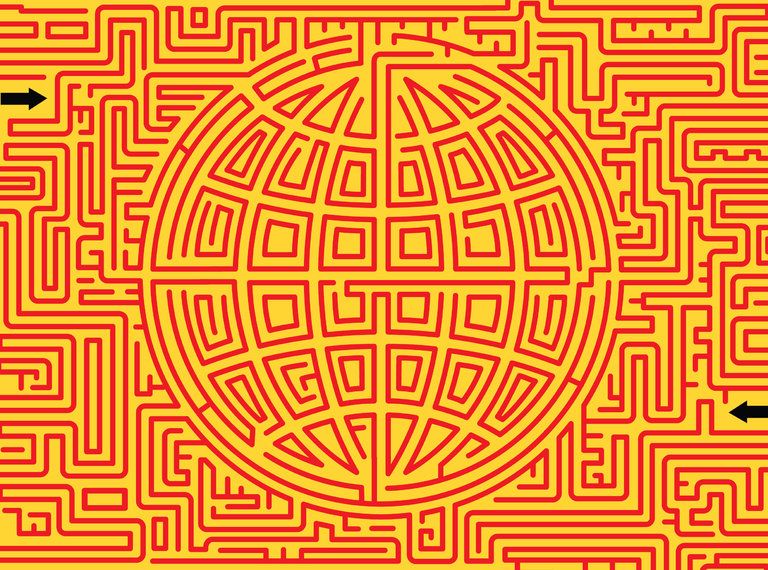Friedman argues that man is actually a fairly adaptable creature. The problem is that our capacity to adapt is being outpaced by a “supernova,” built from three ever faster things: technology, the market and climate change.
Man has sped up his own response times. It now takes us only 10–15 years to get used to the sort of technological changes that we used to absorb in a couple of generations; but what good is that when technology becomes obsolete every five to seven years? The supernova is making a joke of both patent law and education. Governments, companies and individuals are all struggling to keep up.
Friedman’s main cause for optimism is based on a trip back to St. Louis Park, the Minneapolis suburb where he grew up. This is perhaps the most elegiac, memorable part of the book — a piece of sustained reportage that ranks alongside “From Beirut to Jerusalem,” Friedman’s masterly first book about the Middle East. He points out that the same communal virtues that made Minnesota work when he was young have survived — and are still useful. But somehow, the passages that lingered with this reader were the ones about the good old days that have disappeared — when baseball used to be a sport that everybody could afford to watch, when local boys like the young Friedman could caddy at the United States Open, when everybody in Friedman’s town went to public schools.
So you don’t finish this book thinking everything is going to be O.K. for the unhappy West — that “you can dance in a hurricane.” There is no easy pill to swallow, and most of the ones being proffered by the extremists are poison. But after your session with Dr. Friedman, you have a much better idea of the forces that are upending your world, how they work together — and what people, companies and governments can do to prosper. You do have a coherent narrative — an honest, cohesive explanation for why the world is the way it is, without miracle cures or scapegoats. And that is why everybody should hope this book does very well indeed.
